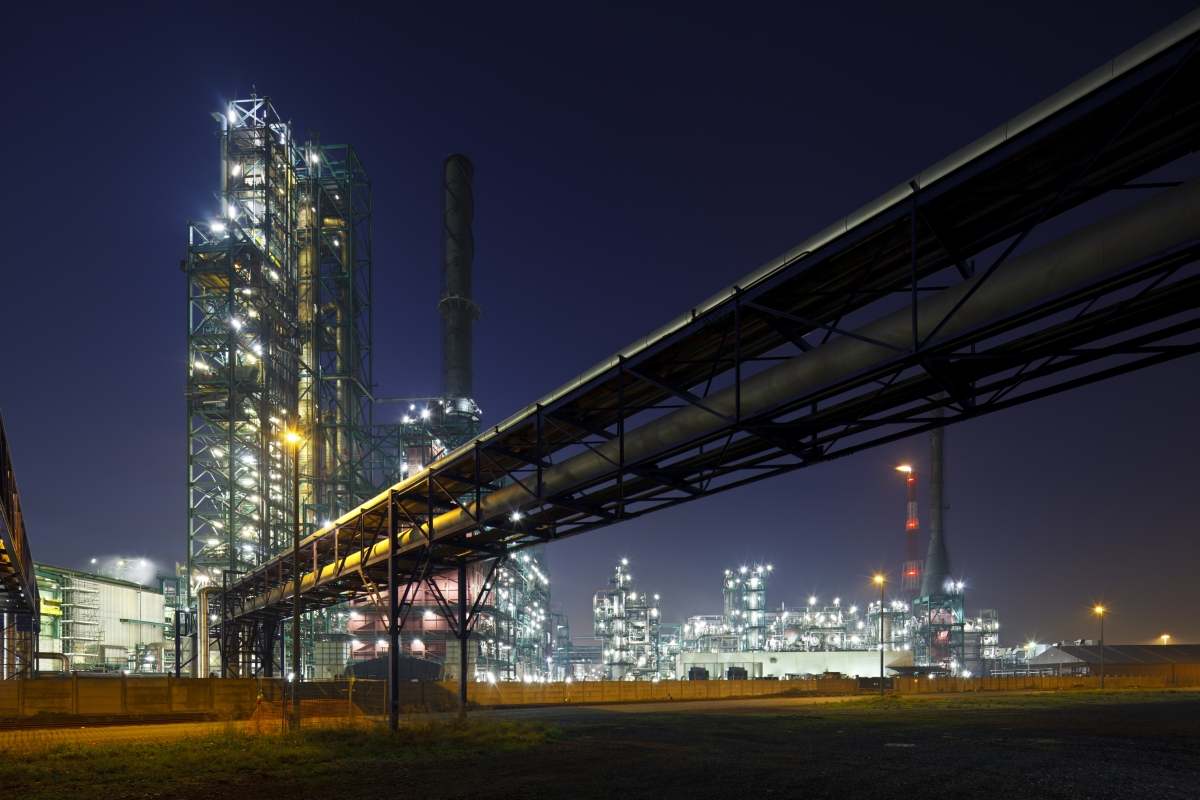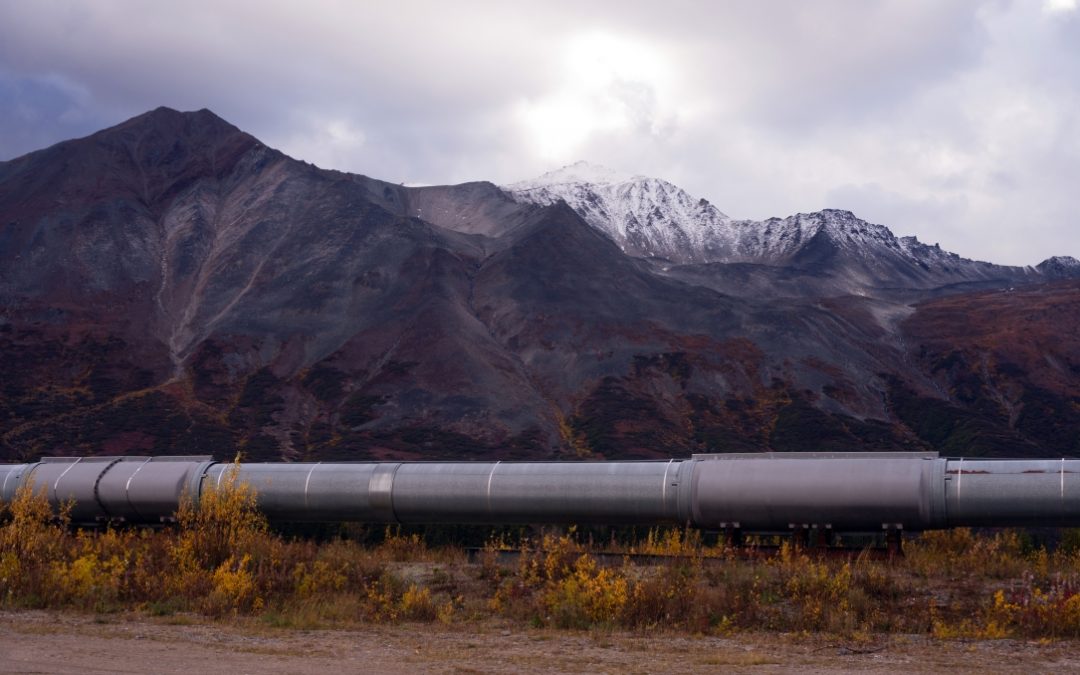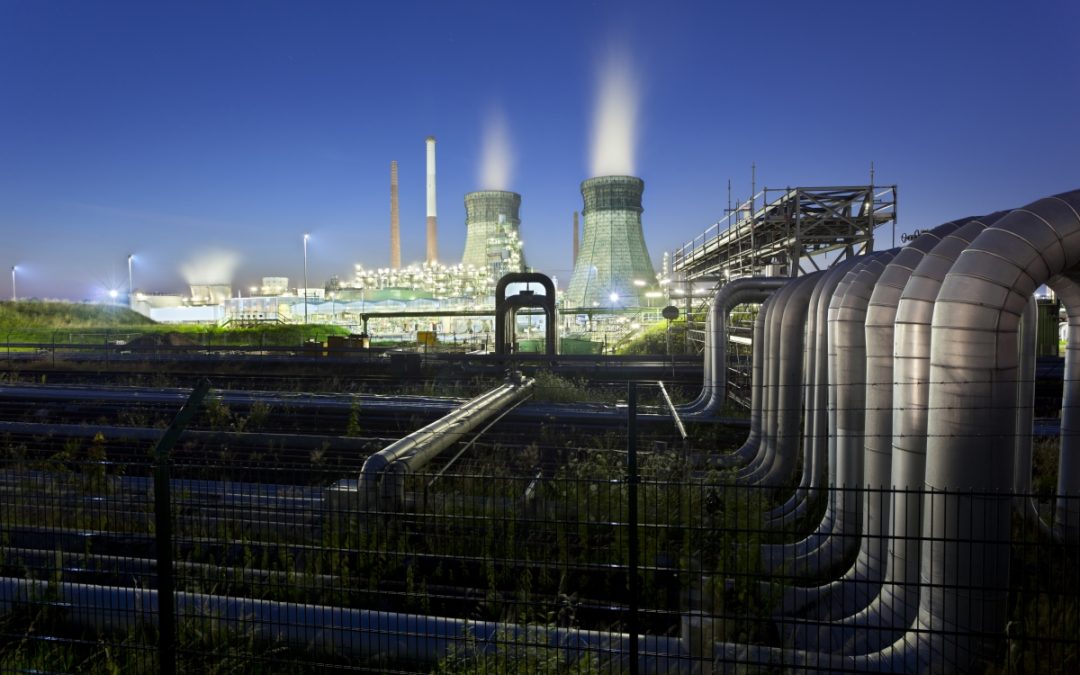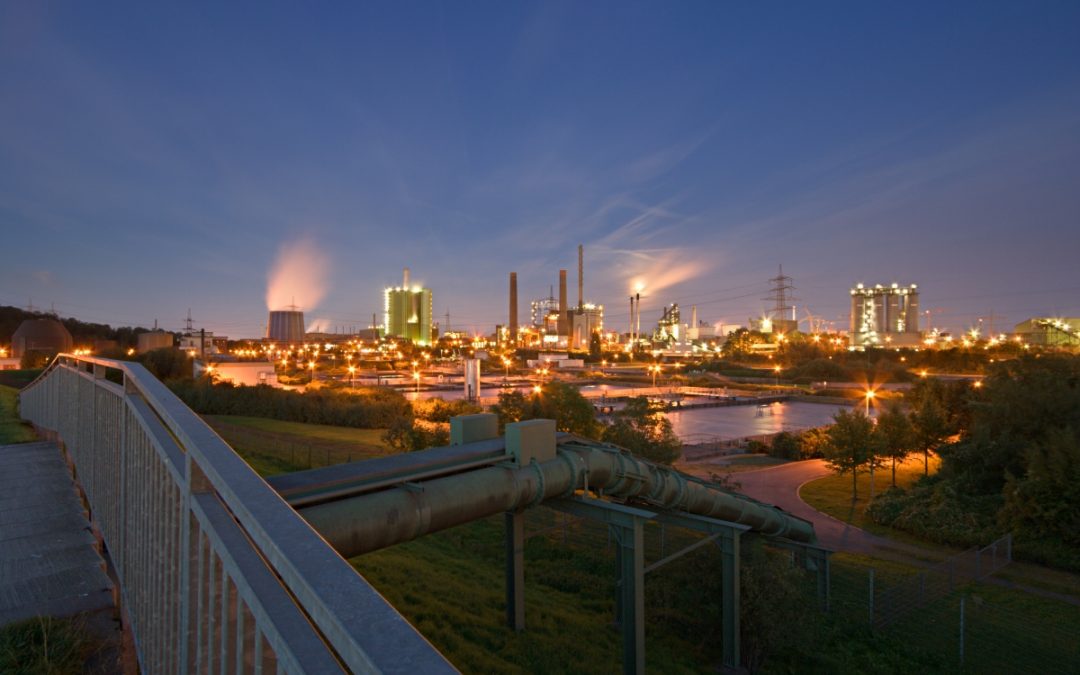
Pipeline Engineering Design Training
365USD / 150,000NGN
Pipeline engineering design consists of the planning and design to ensure asset integrity and continuous/smooth operations of pipelines and associated facilities, both onshore and offshore.
COURSE OVERVIEW
In a more comprehensive way, this course will focus on the practical aspects of pipeline system design to transport hydrocarbons in a cost-effective manner. Pipeline engineering theory and the optimization process in the design of pipelines will be evaluated utilizing case studies and worked examples.
Participants will gain an in-depth understanding of pipeline design philosophy, applicable design standard and how to perform various design calculations.
In this course, participants will be worked through a number of exercises, to boost the fast application of knowledge acquired.
COURSE OBJECTIVE
Upon completion of the course, participants will be able to:
- Gain an overview of onshore and offshore pipeline engineering design and pipeline engineering scope of work
- Understand the consideration made in the design of pipelines
- Perform various pipeline design calculations based on industry codes and standards.
- Perform pipeline route selection, understand pipeline sizing criteria and materials selection processes
- Understand various failure modes for pipeline
- Determine the appropriate corrosion protection techniques for pipeline design
Course Content Summary
Some of the course topics are:
- Introduction to pipeline engineering design, an overview of oil and gas transportation systems and roles and responsibilities of Pipeline Engineer
- Typical pipeline project life cycle & planning
- Pipeline route selection, surveying and alignment sheets
- Pipeline size determination for different flow conditions and scenarios
- Pipeline wall thickness calculation
- Pipeline span analysis
- Overview of subsea pipeline systems
- On-bottom stability
- End expansion and spool pieces
- Pipeline insulation requirements and other thermal considerations in the design
NOTE: The forty (40) hours course contains more topics/details than the fifteen (15) hours course.
MODE OF PAYMENT
We recommend that you select the most convenient payment option for you
Bank : GTBank
Account Number : 0263343826
Contact us via [email protected] or call +234 802 553 8311
to confirm your registration.
FAQ
How can i find out if a course i want is available ?
We have ensured to list our most popurlar courses online, However our trainers are specialists who can deliver trainings in most subjects . To find out if we can cover the course you need, please contact us at [email protected] to discuss your requirements.
I have found the course I want. How can I register ?
You can register by downloading your desired course brochure located on each course page and adding your desired course to cart to complete your registeration. Another easy way to register is to call our customer care team on +1 437-886-4561.
Who Delivers Our Courses?
Our team of trainers are are not only certified training professionals, but are extensively experienced in their chosen training field. To learn more about our trainers, visit Our Team Page.
Are all of our courses certified?
Yes, all our courses are certified and we offer certification on completion of our courses .
What is the standard class size for registered participants ?
Our scheduled courses have a maximum number of 6-10 participants. This allows us to give everybody the attention they need and to customise content to address particular needs as much as possible. However for bespoke training, the minimum and maximum number of participants is flexible and can be structured according to your specific goals. Contact us
on [email protected] to discuss your requirements.
I am ready to register, but have some questions about my course
For more information regarding your desired course ,Kindly contact us by sending us an email on [email protected] or by phone on +1 437-886-4561. We’ll be happy to answer any question you may have.
How will I know if my registration is confirmed?
Once you have completed your registration and payment, we will send you confirmation by email. This will include your course details (dates, location,times), a receipt of payment and any additional course information you need.
What is our refund or cancellation Policy ?
Please see our Terms and Conditions for our refund and cancellation policy.
Can i pay in any currency ?
Yes, we have available payment options depending on your location ,please click the mode of payment button to find out the payment option available for your location.
Program Highlights
40 Hours Course Duration
-
Competitive research experience
-
Sessions of Positioning Workshops & Presentations
-
Case Studies & Practical Exercises
-
Successful Application Of Course Objectives
-
Video Sessions & General Discussions
-
Certificate On Course Completion




